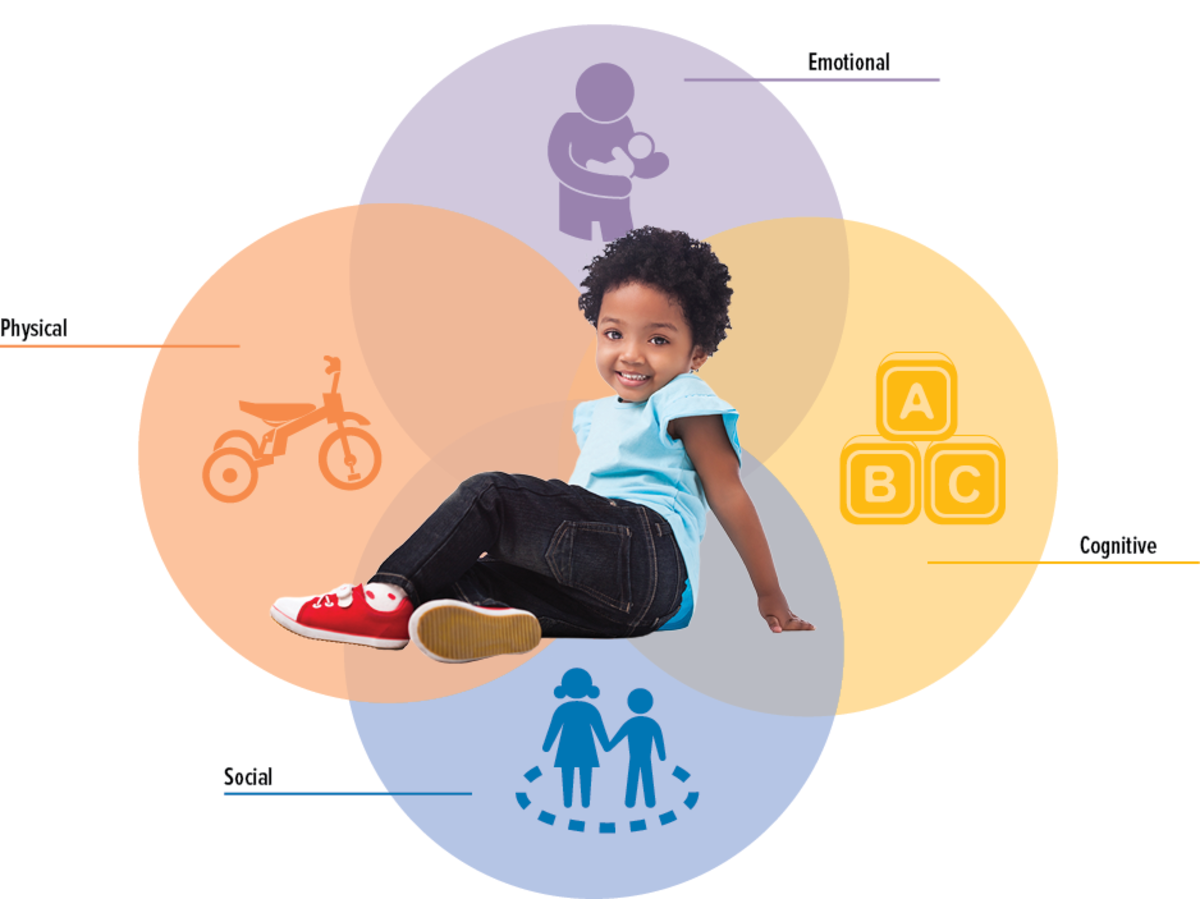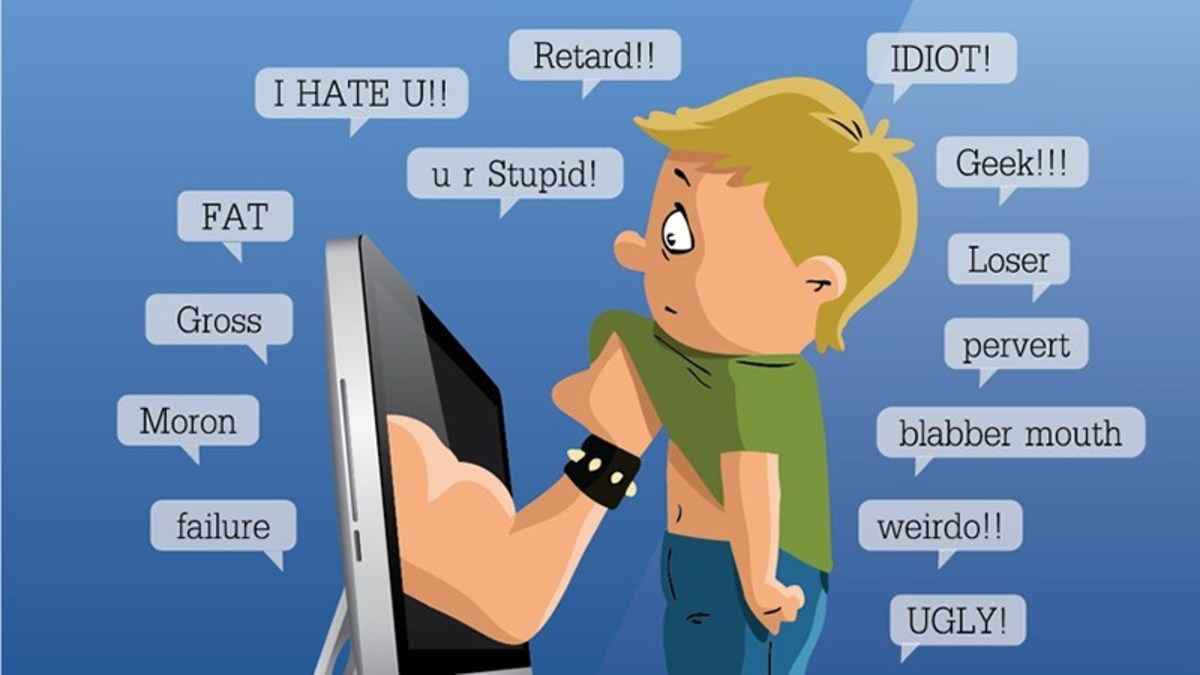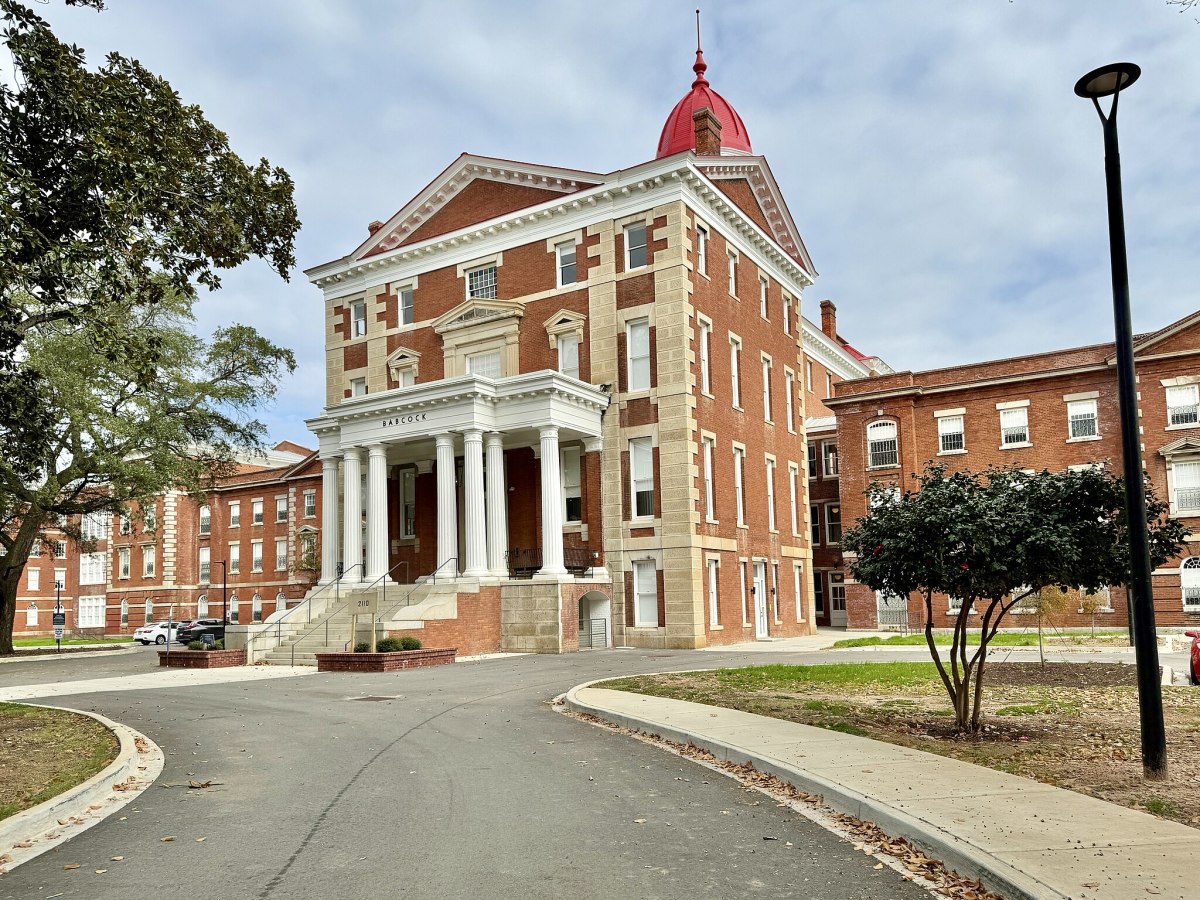Forgiving the parents after childhood sexual abuse


A parents job
The parents primary job is to protect and nurture the child while it grows into an adult. There are other roles, like preparing the child for contemporary society, making sure they uphold the law, raising children "right". And "right" is slightly different in each subculture. A well adjusted kid in the city may encounter difficulty when trying to fit in on the farm and vice versa. But the primary job, to nurture and protect, is the same for all parents.
When a child has been sexually abused, it is in this primary job that the parent has failed the child. When one of the parents is the abuser, the failure to protect is obvious. However the other parent, however unaware and however well intentioned has also failed. I'm not assigning blame here, just stating a fairly obvious fact, for a purpose. This purpose is to help explain why in some cases this leads to further trauma.
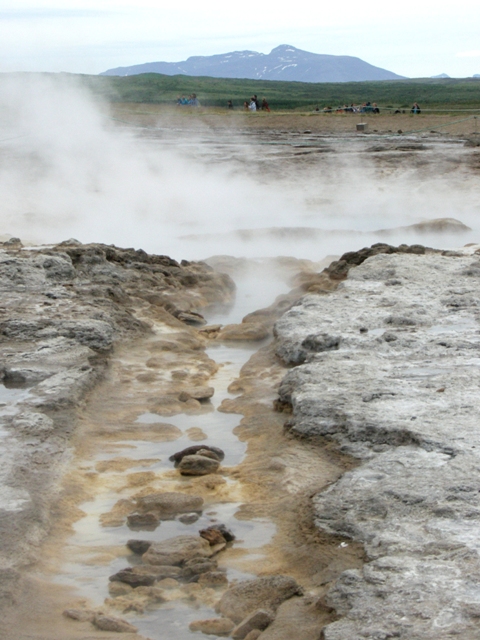
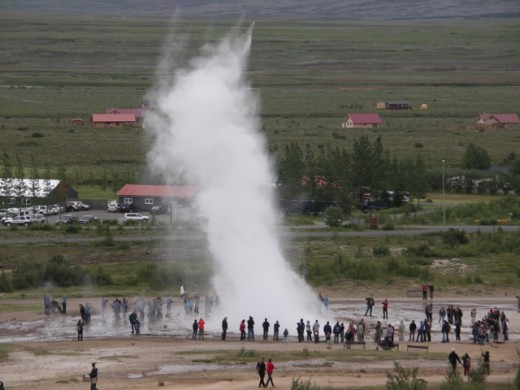
Why parents fail to protect their child
Fear of failure
For someone who is not in the position of the parent it's often difficult to understand why in some cases the parent, upon finding out about the abuse, fails to respond adequately. I believe the answer is in the fact that they have failed to live up to their primary responsibility as a parent. Parents are people too and to fail at something so important can create an unbearable tension in someone who has a fear of failure to begin with. Rather than live with that tension, they prefer to turn a blind eye. Because of their pre-existing condition of anxiety surrounding failure, they choose not to see what is happening in their home. Sometimes this means they literally don't see it happening. Sometimes they see it and turn away.
Lack of skills
Another thing that possibly prevents parents from taking appropriate action is simply a lack of skills. They don't know what to do, how to do it and have no idea where to turn to and as a result, they do nothing. These days quite a few avenues for reporting abuse are available. Back when it was happening to me, nobody seemed to know childhood sexual abuse even existed. These days it has become a little easier to report incidents, the taboo is weakening, information is easier to come by these days.
Misplaced loyalty
Abuse by a family member, in particular if the perpetrator is your partner or your child, is hard to believe. You "know" these people and you "know" they would never do such a heinous thing. Unfortunately this is what victims who do talk about it in their childhood often hear as the first reaction by the (other) parent. The knowledge you have about the person doesn't match what you hear about them. This creates a condition called cognitive dissonance: reality doesn't match your concept of it. Most people hang on to their concept of reality for dear life. Believing your child about the abuse would necessitate turning your life upside down. It's much easier to disbelieve the child and forget he/she ever mentioned it.
Believing the report is false
The incidence of false reporting is somewhere around 0.03%, but gets far more air-time in the media than is warranted by such a small proportion. Very few cases are actually reported in the first place, most survivors don't speak of it until at a later age they can't avoid the topic anymore. For the survivor of childhood sexual abuse, a lot of shame is connected to the abuse and talking about it may be exceedingly difficult. The chance that your child is making a false report is very low. Often though, the child who has likely been lying to you quite a bit (being instructed to hide the abuse, carrying this secret inside them). This makes believing the abuse is untrue an attractive proposition.
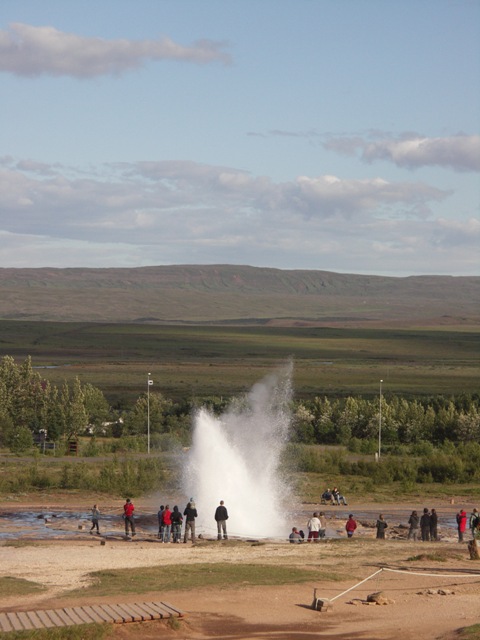
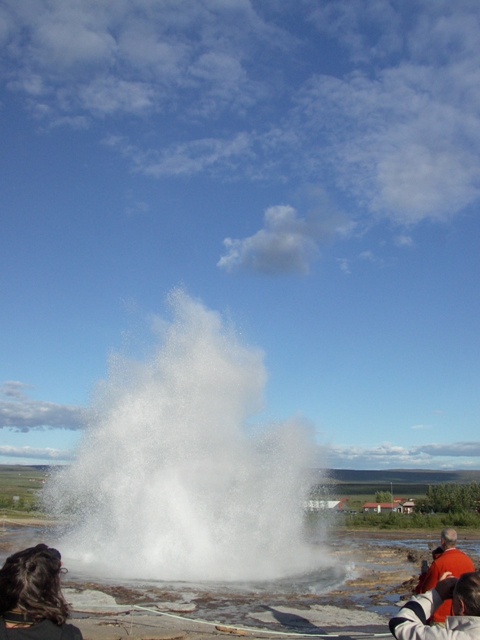
Secondary trauma
When a child is not believed by the parent, the trauma goes deep. Many survivors have told me that the pain from their mother abandoning them to their fate, even after they tried to tell about it, hurts worse than the abuse itself. For myself, I didn't speak about it until I was 29, to my mom in any case, and she believed me. At first anyway... Later on she asked questions like: "You always seemed so close to him, did you seduce him?" (I was 12 mom, even if I had, he should have kept his hands to himself)
When the (other) parent fails to act on behalf of the child, making sure the abuse is stopped at least (allthough hopefully some counselling can be offered as well), the abuse continues. To the child this means that the abuser was right when he/she said nobody would understand, nobody would help and there's nobody to turn to except of course the abuser. Usually the child only needs one lesson in this: even a child who tells about it once, if rebuked won't tell about it again until much later, as an adult, with all the secondary trauma that ensues. The lesson is: Your words don't count, when you speak you're discounted. The silence after that is truly deafening.
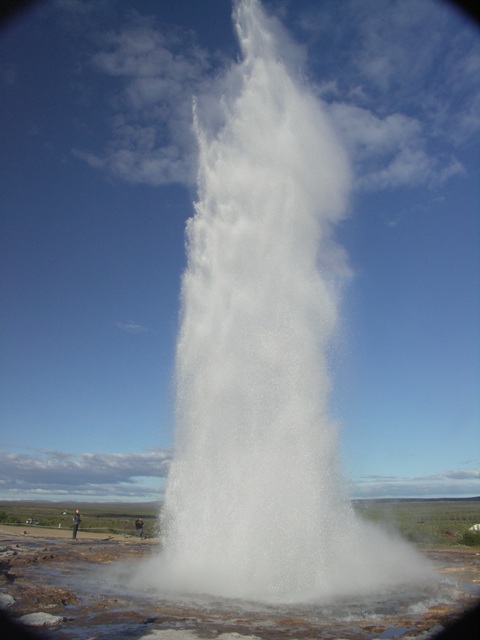
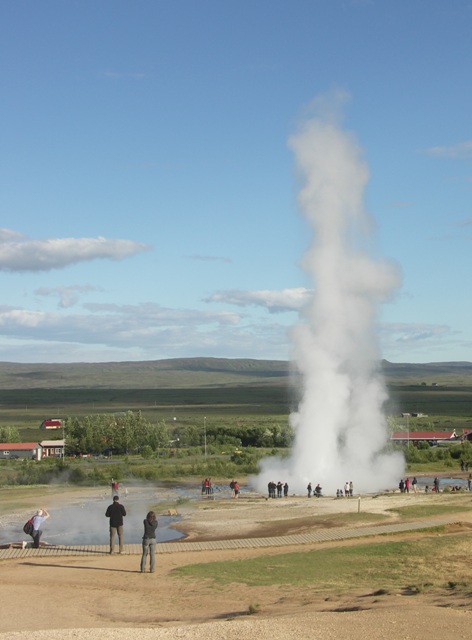
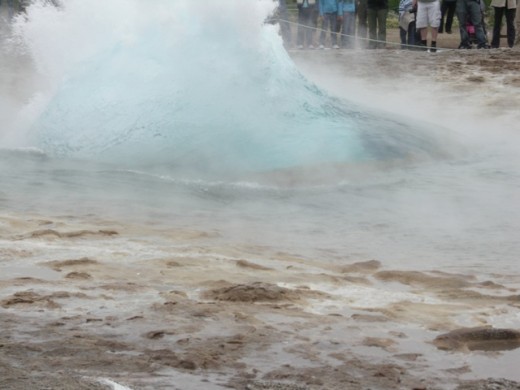
Is forgiving necessary for healing?
Whether forgiveness is necessary for healing is a matter of perspective. In my earlier post on forgiveness I speak about the different definitions of forgiveness. Likewise there's many definitions of healing as well.
Forgiveness as in letting go of anger is an important step towards leaving the past behind. It does not, in my opinion, include keeping contact with the person you forgive. I've forgiven my abuser completely, I can see his human frailty as well as his dark side and I forgive him for what he's done to me. I don't however tolerate him in my life. I have no wish to see him, hear from or about him or to ever re-establish contact. I am neither afraid nor desirous of such an occurance.
Parents are often more difficult to forgive because in our culture we're supposed to respect our elders (even if they don't respect us). There's a lot of taboo on childhood sexual abuse, but if you ever try to tell someone you don't love your mother you'll find the true meaning of taboo. We forget that parents are people too and that they have their own human frailties, their own frustrations in life, their own convictions and way of living.
A child is almost always loyal to their parents, however undeserving the parents may be, logically speaking. If that loyalty is lost, it's almost always irreparable. The loss of a parent is often easier to bear than facing the reality that your parent did not, could not or would not help you in your hour of need. That they had other priorities, made different choices, made mistakes. A parent isn't allowed to fail and a child is supposed to be loyal. These values are so deeply ingrained in our culture that even if your experience tells you different, you try desperately to make it so.
In my life, forgiving my mother was more difficult than forgiving my abuser. It helps that my abuser wasn't family, but my mom... deep sigh... should have protected me. The fact that she didn't is something that I found very hard to forgive. After I told her about the abuse, she kicked the abuser out of her life. That did a lot to soften my feelings about her. She then told me that she had her suspicions when I was 12 that something went on with him and me. She said: "I thought you and him were kissing in the hall". It took a long time for me to understand how she could somehow make that be alright in her mind, a 36 year old kissing a 12 year old? I have since realized that with her it's a lot of "lack of skills" and a belief that women are inferior and subservient to men. I'm guessing she just considers herself sorta lucky that her husband died early, so she wouldn't have to deal with men.
Forgiving meant letting go of all the hurt that I've felt as a little girl, the sense of abandonment, the feelings of guilt, inadequacy, insecurity: all of it. In order to let go of that, I had to fully realize that I will never get what I crave from my mother because she's not capable of giving that. She can't go back and change the past and she can't become someone she's not. She's not the icon of motherhood. She's not the archetypal mother who sit's at home with a cup of tea waiting for the kids to come home and share their life's little happenings. She's a woman who was unprepared for motherhood when the children came, a woman of her time with the beliefs and habits of her days. She had me at a time when birth-control was new and something to be leery of. She can't change who she is to suit my needs. She did the best she could with what she knew and who she was. I am adult now and can take care of my own needs. I have given up all hopes of a better past.




